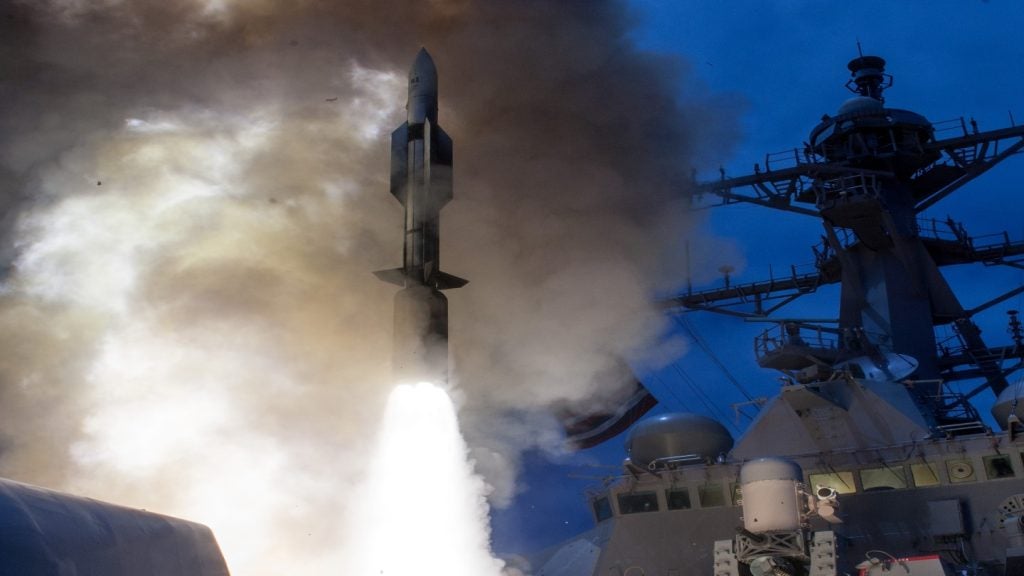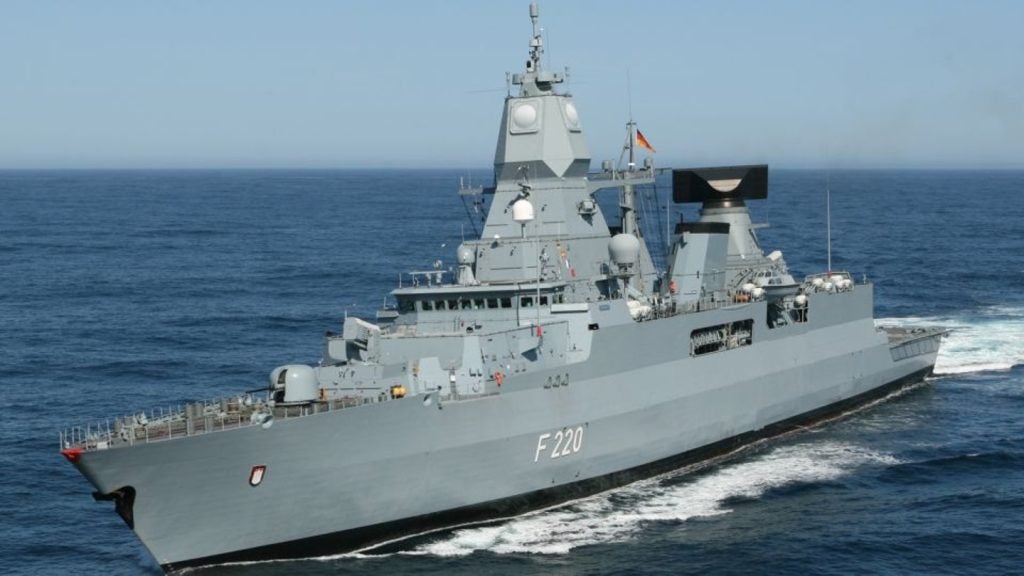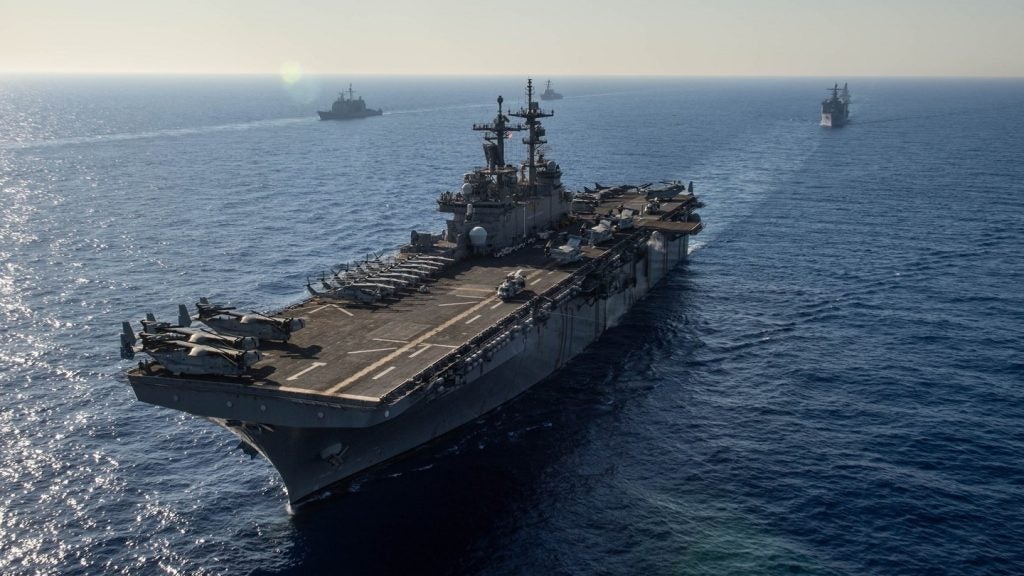Raytheon, in collaboration with Hitachi Kokusai, has been awarded a contract to carry out upgrades on the Japanese Navy’s P-1 maritime surveillance aircraft.
Free Buyers Guide
Leading Guide to Submarine and Submersible Suppliers for the Naval Industry
Thank you.
Related Company Profiles
Your download email will arrive shortly.Please check your mail inbox to download buyer's guide
You may also be interested in:

As part of the P-1 maritime surveillance aircraft modernisation project, Raytheon will provide upgraded identification friend-or-foe (IFF) transponders with modern technologies, including a new waveform that can detect and track military aircraft.
Raytheon Space and Airborne Systems integrated communication systems vice-president Scott Whatmough said: "The Japanese Navy will have an increasingly secure and interoperable next generation IFF waveform that does not interfere with other flight-tracking systems."
Approximately 70 planes will be fitted with the new transponders during the next several years.
Prior to the 2020 phase out of the legacy identification system, Nato and other nations have been gradually deploying the Mode 5 waveform due to its superior data security protection.
The military IFF systems are mainly aimed at offering time-critical positive identification of friendly forces.
The procedure is activated automatically by a ground or airborne interrogator, which generates a secure message. The transponder then obtains the interrogation and transmits a secure response.
Free Buyers Guide
Leading Guide to Submarine and Submersible Suppliers for the Naval Industry
Thank you.
Your download email will arrive shortly.Please check your mail inbox to download buyer's guide
You may also be interested in:

By downloading this Buyers Guide, you acknowledge that GlobalData UK Limited may share your information with our partners/sponsors who may contact you directly with information on their products and services.
Visit our Privacy Policy for more information about our services, how GlobalData may use, process and share your personal data, including information on your rights in respect of your personal data and how you can unsubscribe from future marketing communications. Our services are intended for corporate subscribers and you warrant that the email address submitted is your corporate email address.







